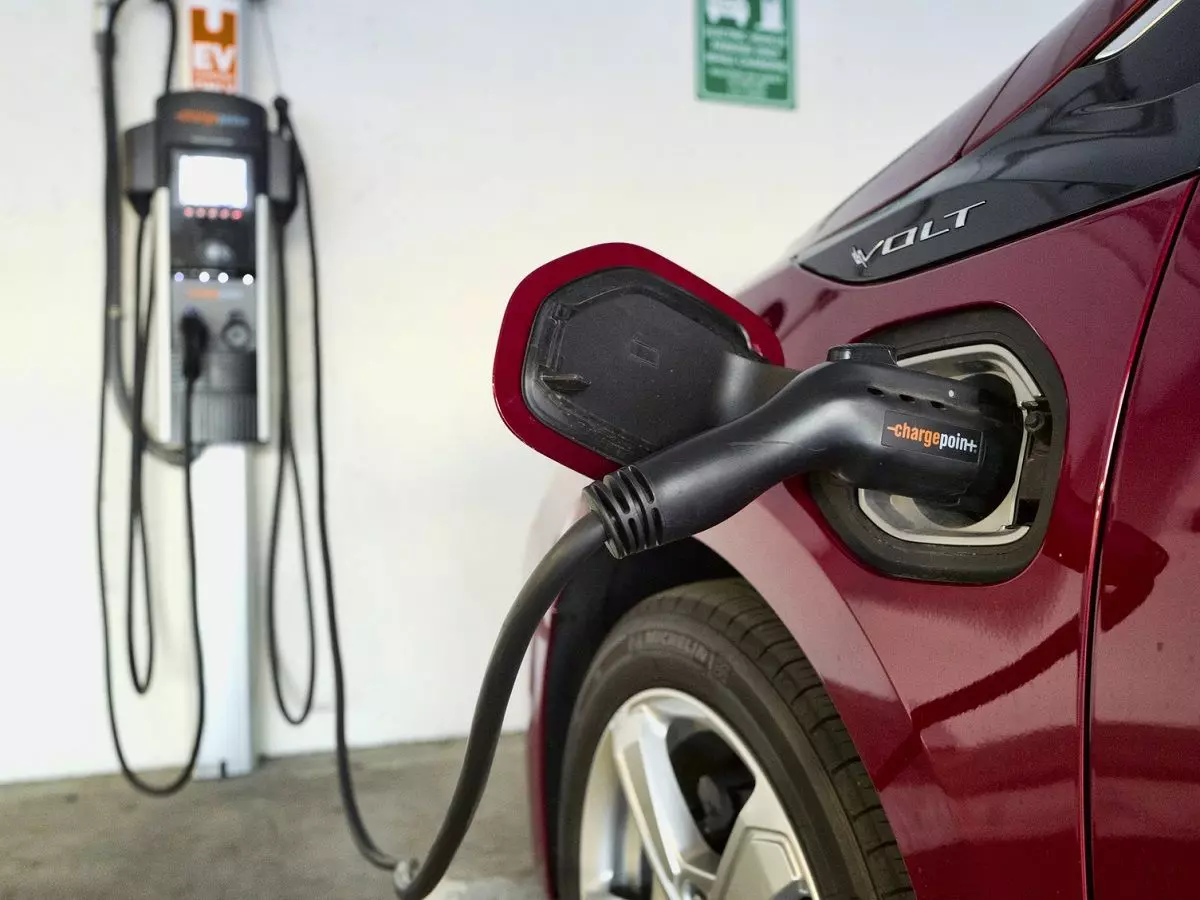Now Anyone Can Setup A Public EV Charging Station At Home, No Licence Required
Guidelines around electric vehicle charging infrastructure have been revised. As per the new norms setting up an EV charging station at home or office has now been delicensed. The move is aimed at increasing the adoption of electric vehicles across the country.

Guidelines around electric vehicle charging infrastructure have been revised and as per the new norms, setting up an EV charging station at home or office has now been delicensed. The move is aimed at increasing the adoption of electric vehicles across the country.
The new guidelines state that a charging infrastructure at home or office can now be installed without a license and any individual wishing to do so will be helped by the distribution company in the process. It, however, mandates that the installed charging point should adhere to the safety, technical and performance standards and follow all the protocols outlined by various authorities involved in the operation.
¡°We have tried to address the concerns of EV owners in new guidelines,¡± a TOI report quotes power minister R K Singh. The guidelines further mention the prices that these domestic as well as public charging stations can charge to the users. For now, tariff for the electricity supplied to public charging stations is to be decided by the appropriate commission. For home charging stations, the tariff will be the same as per the existing charges of electricity.

(Representative Image: BCCL)
Across the nation
The National Capital Region has already announced several plans for setting up public charging stations across the region. Delhi, for instance, recently got its first EV charging station, set up by BSES. Noida authority also collaborated with EESL for setting up 100 charging stations across the area.
Apart from these localised efforts, the new guidelines now suggest a phase-wise installation of a network of charging infrastructure across the country. The idea is to have at least one charging station in a grid of 3 km x 3 km in cities. As for the highways/roads, at least one charging station will be installed on both sides of the roads at every 25 km.
For addressing the range issue with heavy duty electric vehicles, fast charging station for EVs like buses/trucks etc shall be installed at every 100 km on both sides of the highways.
The installation of these electric vehicle charging stations will be carried out in 2 phases. The first phase will last till the next 3 years and will see installation of these charging points in all mega cities with a population of 4 million plus as per 2011 census. Second phase, from third to fifth year, cities such as state capitals, UT headquarters might be covered.
India's plans to go electric are in full swing. While installation of a charging infrastructure to support these EVs is being taken care of, Bureau of Indian Standards (BIS) and the Department of Science and Technology (DST) are also attempting at coming up with the country's own charging standards. This, will further reduce the cost of installation of the intended charging setup.
